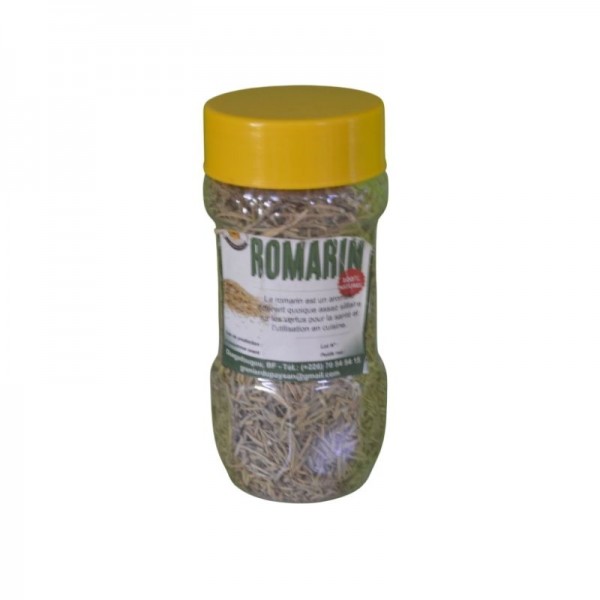



Rosemary is suitable as a restorative, to stimulate people who suffer from asthenia, while acting preventively against insomnia. It has antiseptic qualities which make it a good agent for cleaning the skin and sensitive areas or acting directly on infected wounds. It can also be used for its antitussive power.
Internal use
Usual therapeutic indications
The choline it contains acts as a lipid regulator in the liver and promotes digestion. Its diuretic properties facilitate renal activity and participate in the prevention of rheumatism. Its antioxidant properties have a stimulating effect on brain activity and improve memory.
Dosage
By internal route:
By external route:
Rosemary is then used for rheumatism and stimulation of peripheral blood circulation.
Precautions for use of rosemary
At the indicated doses, it is safe.
Contraindications
Taken orally, it is contraindicated for children under 12 years of age and people with gallstones or liver disease. Apart from cooking, it is also not recommended for pregnant or breastfeeding women.
Side effects
At normal dose, the only risks may be nausea. People working with rosemary may have developed contact eczema. A large overdose can cause vomiting, convulsions, spasms, bleeding from the uterus, or even fatal coma.
Interactions with medicinal plants or supplements
No known interaction.
Drug interactions
In theory, rosemary can interact with diuretic drugs and iron supplements, but nothing has been observed in practice.
Data sheet